Cannes Film Festival 2018: Top ten films to look out for
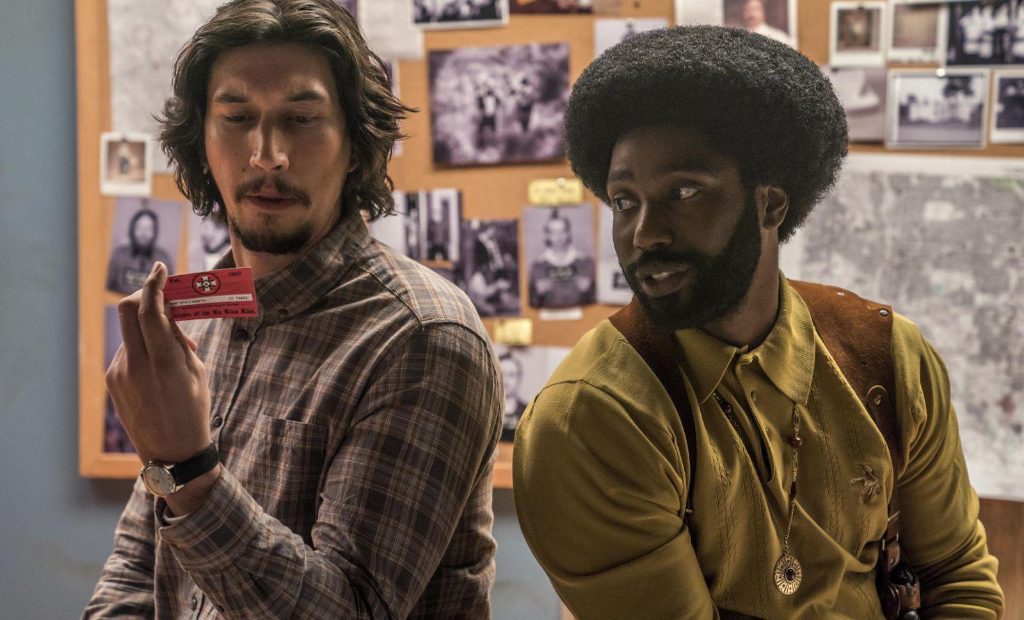
May follows the cruellest month, and we are attending the 71st Cannes Film Festival. 11 days of unmitigated anguish for cinephiles, filmmakers, producers, distributors, industry types, security personnel, coffee dispensers, networkers, hangers-on, schmoozers, celebrity spotters and the most depraved cohort: film critics. But we will manage. The lilacs of Provence are in full bloom, after all.
A festival defined by tradition and archaisms (selfies are banned while heels remain an imposition), Cannes has delivered a relatively fresh line up this year – at least one that omits some of the expected, bigger names. There is no place for Mike Leigh, Paul Greengrass, Claire Denis, or a restored Orson Welles. The Netflix dispute has no doubt had an effect. As ever, women are underrepresented, with only three female directors in competition: Eva Husson, Alice Rohrwacher and Nadine Labkai. 21 films are vying for the Palme d’Or, including efforts from older hands Jean-Luc Godard, Spike Lee, Hirokazu Koreeda and Lee Chang-Dong. If the top prize proves elusive, the Grand Prix, Prix du Jury and several individual awards can temper the disappointment.
Incipient talent is found in the secondary competition Un Certain Regard, often characterised as the true spirit of Cannes. Sergei Loznitsa’s Donbass heads the line-up. Meanwhile, several well-hyped films are to be screened out of competition: the partially exiled, Nazi-sympathising Lars Von Trier brings the much anticipated The House that Jack Built while Terry Gilliam has finally coughed up his long-awaited epic The Man Who Killed Don Quixote. Asghar Farhadi’s Everybody Knows, starring Penélope Cruz and Javier Bardem, will open the festival.
Cate Blanchett is president of a star-studded jury that includes Kristen Stewart, Léa Seydoux and Ava DuVernay. Alas, it would have been nice to see similar diversity in the competition. But overall, Cannes has an exciting variety this year, a collection of fragments to restore cinema’s reputation, rather than diminish it.
3 Faces
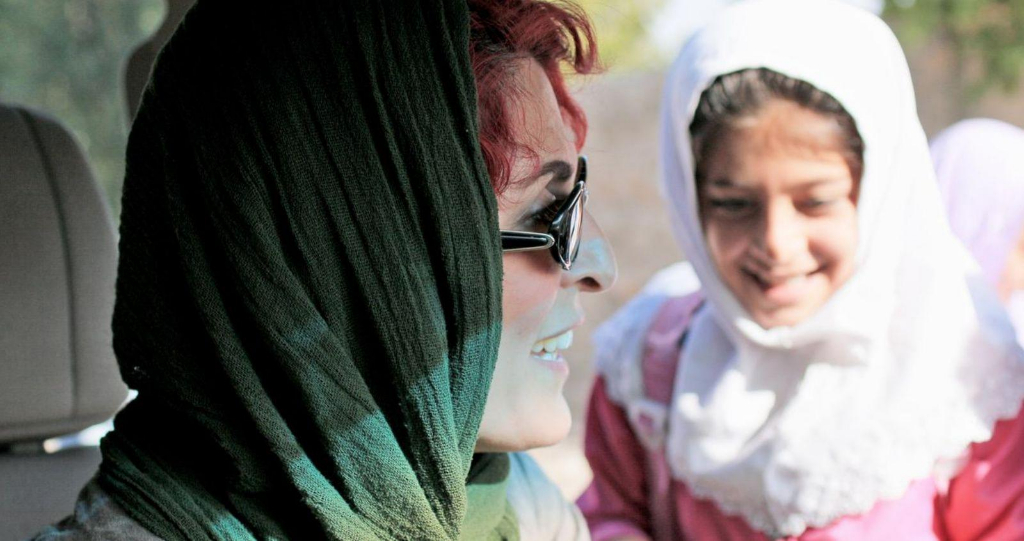
The famous Iranian actress Behnaz Jafari receives a video plea from a young rural girl seeking to escape her conservative family and attend drama school in Tehran. Touched by the message, she enlists the help of friend and director, Jafar Panahi, to investigate the circumstances surrounding the girl, her family, and her dream. Things go awry in this suspenseful drama when they reach the village and encounter a community that is perhaps pleasant on the outside, but unwilling to let go of their traditional values to the point of causing detriment.
Climax
Screening in the adjacent Directors’ Fortnight category, Gaspar Noé returns to the Croisette this year with his latest film, Climax, which, if the title suggests anything, is sure to be explosive at the very least. The Argentinian director’s unique aesthetic – exemplified in previous works like Love and Enter the Void – has solidified his reputation as a filmmaker who simultaneously shocks, repulses and captivates audiences. Another drug-fuelled journey of pleasure and debauchery is certainly in store.
Girls of the Sun (Les Filles du Soleil)
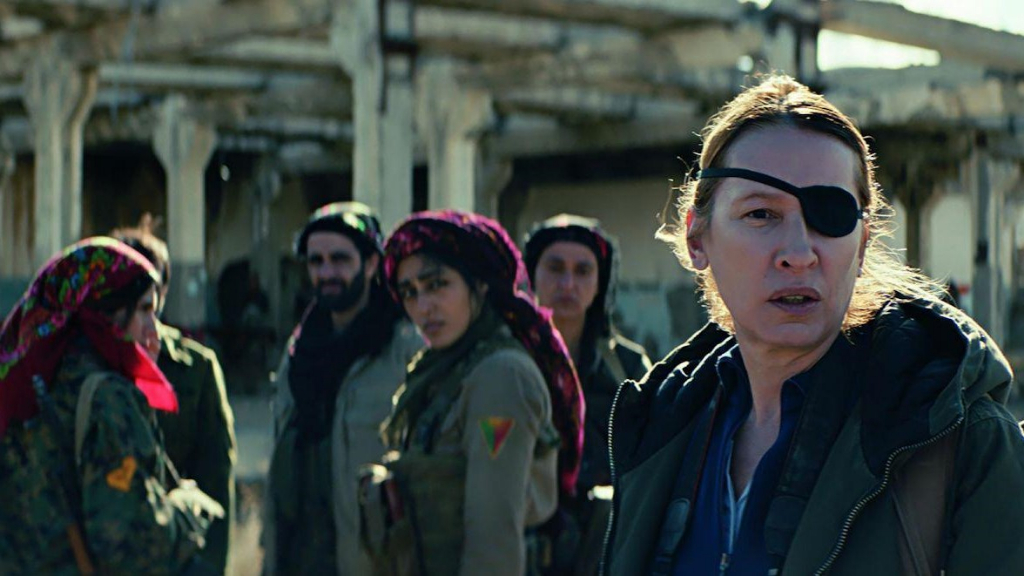
As one of only three female directors screening in competition, Eva Husson delivers the hard-hitting story of an all-female liberation battalion in Kurdistan. “The girls of the sun” are joined by a French journalist who reports on the battle as they attempt to free their village from the hold of an extremist group. A story of powerful women fighting against oppression told by a powerful woman fighting against the still apparent boys club that is Cannes. This is the room where it happens.
The Image Book (Le Livre d’Image)
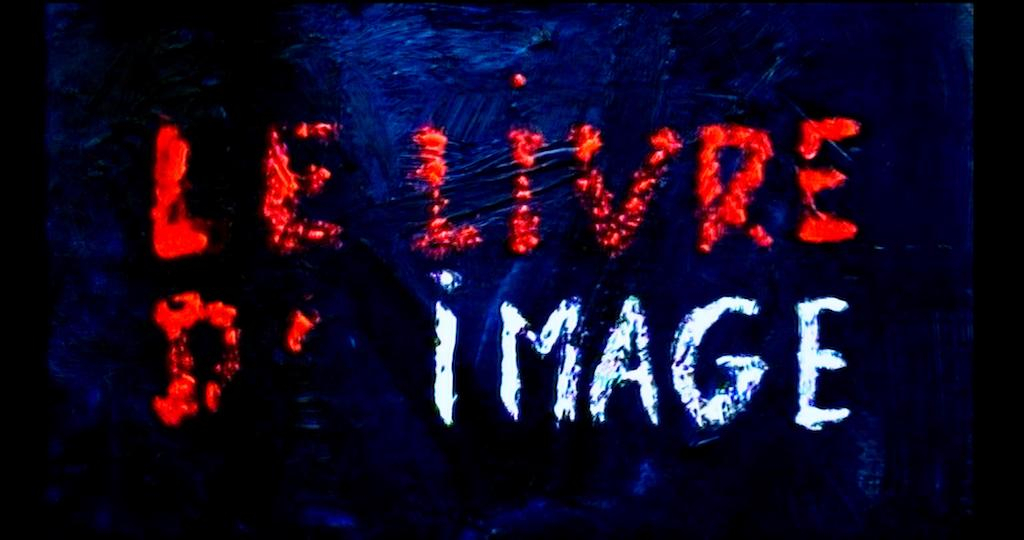 The 87-year-old French New Wave director is set to unveil his latest film, The Image Book, in competition this year. Godard’s movies are expressive and stylistic, experiments that fly in the face of traditional narrative filmmaking. His previous feature Goodbye to Language won the Jury Prize in 2014, and this just may be the year that he takes home the coveted Palm d’Or. An exploration of war in our modern world and dreams, we’re poised to see this inevitably poetic piece.
The 87-year-old French New Wave director is set to unveil his latest film, The Image Book, in competition this year. Godard’s movies are expressive and stylistic, experiments that fly in the face of traditional narrative filmmaking. His previous feature Goodbye to Language won the Jury Prize in 2014, and this just may be the year that he takes home the coveted Palm d’Or. An exploration of war in our modern world and dreams, we’re poised to see this inevitably poetic piece.
The House That Jack Built
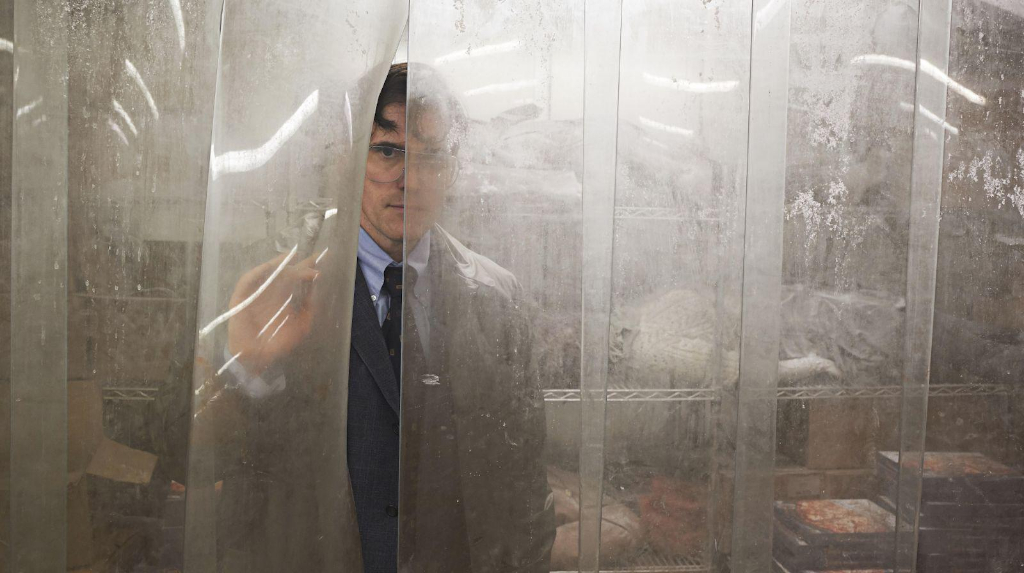
The Festival’s seven-year ban on Danish director Lars von Trier has officially been lifted despite withstanding sexual harassment allegations. The prodigal son returns this year with his latest film: a thriller starring Matt Dillon and Uma Thurman. The first person narrative takes us through 12 years of Jack’s life and the murders which define him as a killer; disturbing but morbidly captivating – von Trier’s speciality.
BlacKkKlansman
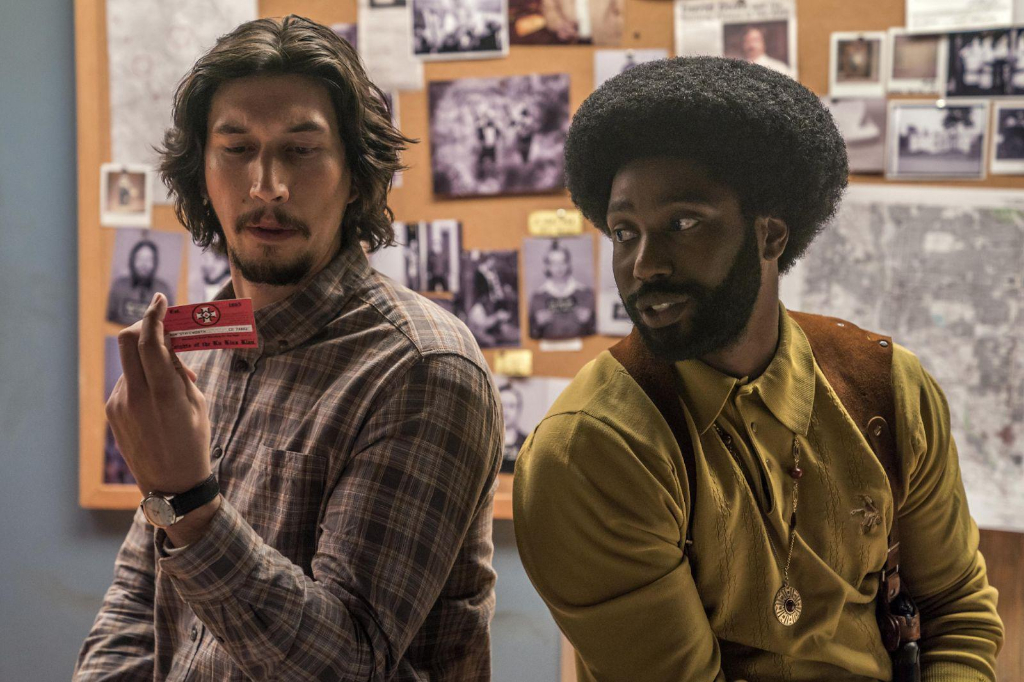
Very possibly one of the most buzzed-about films of the festival, Spike Lee’s Blackkklansman tells the almost unbelievably true story of Ron Stallworth, a black police officer who went undercover to infiltrated his local Colorado Ku Klux Klan chapter. Similarly to Get Out, this movie has the potential to relieve tension with its humour while still making some serious statements about prevalent and continued racism in the United States.
Burning
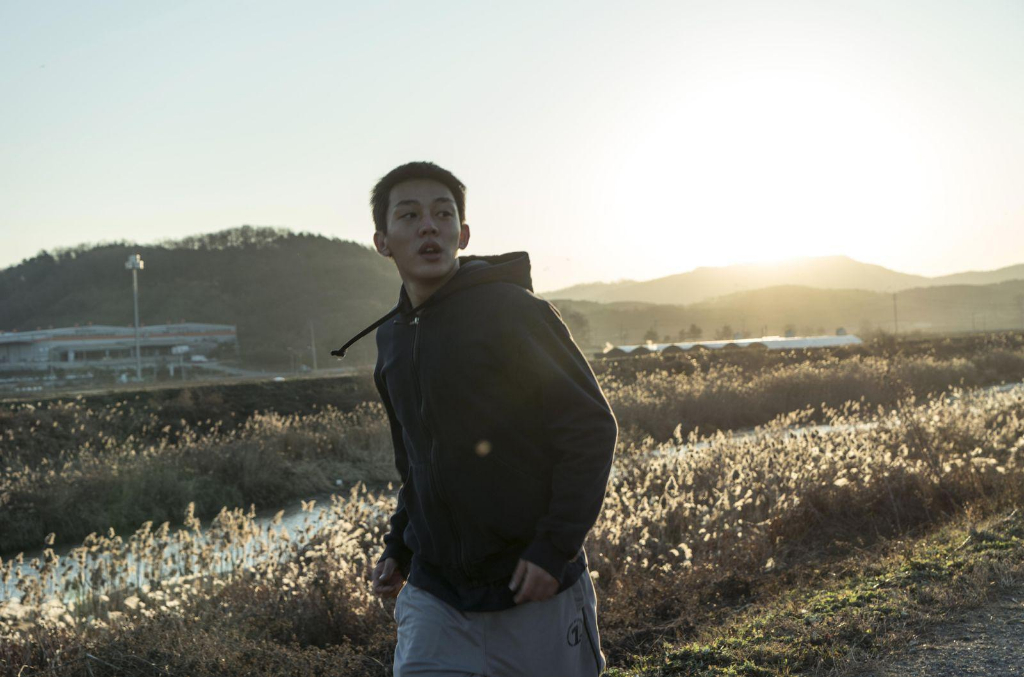
The details of South Korean director Lee Chang-dong’s latest film have largely been kept under wraps. What we do know is that when Jongsu’s old friend returns from her trip to Africa with a mysterious man known as Ben, things unravel when he reveals to Jongsu his odd hobby. Based on the short story “Barn Burning,” by Japanese writer Haruki Murakami, this enigmatic adaptation has set itself up with a huge cliff-hanger to be the dark horse in the race for the Palm d’Or.
Cold War
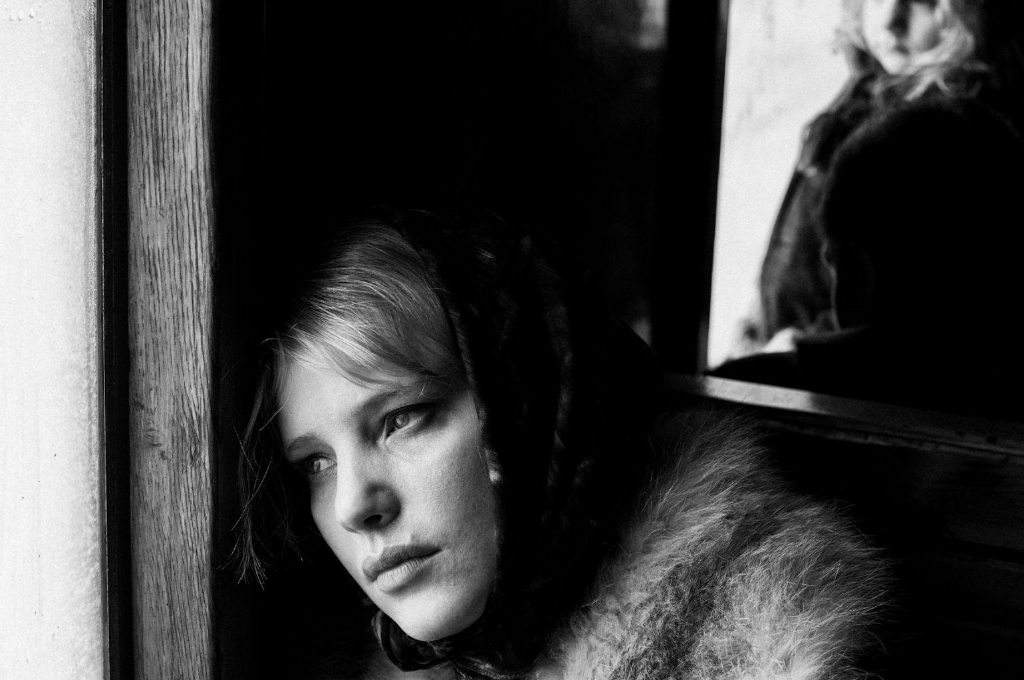
Off the back of the celebrated Ida, Pawel Pawlikowski brings to Cannes another monochrome effort in Cold War, a love story set during the early tensions of east and west. Running in at under an hour and a half, it promises to retain the brevity of the Polish-British auteur’s other works, and it will be a welcome respite from the lengthy dramas that dominate the festival. The premise sounds slightly saccharine, but it will no doubt look exquisite.
Under the Silver Lake
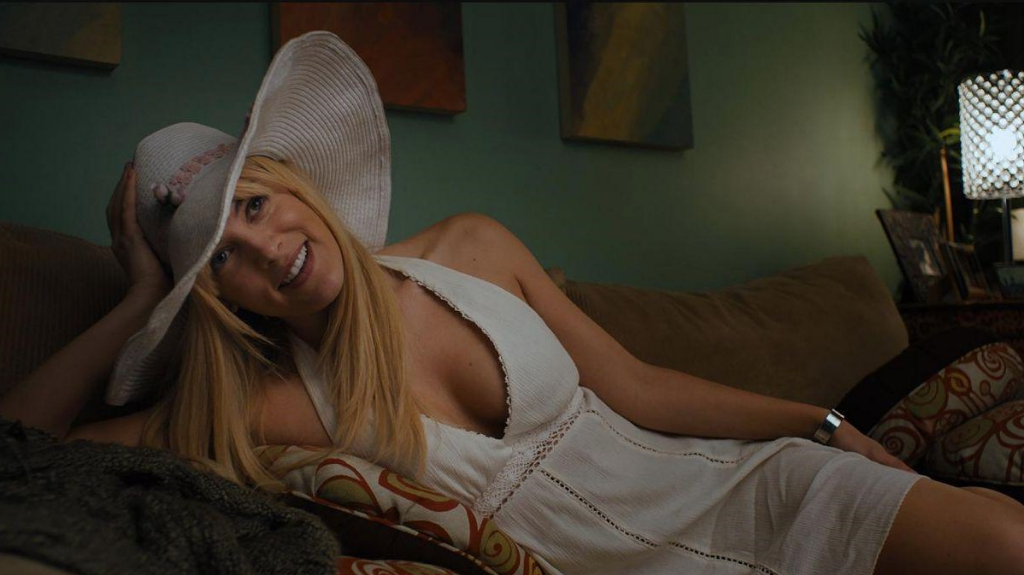
The burgeoning A24 production company is represented by David Robert Mitchell’s Under the Silver Lake, a neo-noir thriller drenched in LA sunlight and humidity. I remain equivocal about leading man Andrew Garfield, whose acting and charisma are an acquired taste. The actor plays a wayward man set on a path of scandal and conspiracy, while there looks to be strong support from Riley Keough as the idealised mystery girl. This is Mitchell’s follow-up to the critically and commercially successful horror It Follows.
Dogman
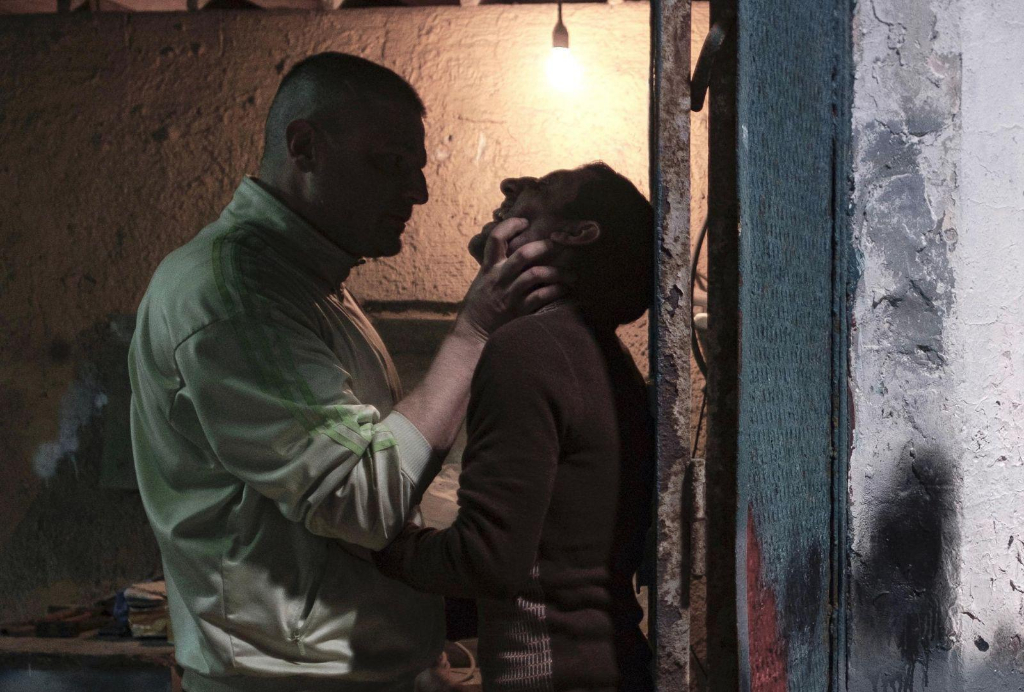
Matteo Garrone looks to return to his gritty origins in Dogman, an “urban western” set in the Italian suburbs. Fractious male antagonism and vengeance seem to be the themes, and mining his widely admired Gomorrah appears a wise move. His previous effort, Wild Tales, was quite literally a mixed bag, while I am usually endeared to the more brutish fare, despite – or because of – the laughable hyper-masculinity.
Zoe Tamara and Joseph Owen
Read more reviews and interviews from our Cannes Film Festival 2018 coverage here.
For further information about the event visit the Cannes Film Festival website here.


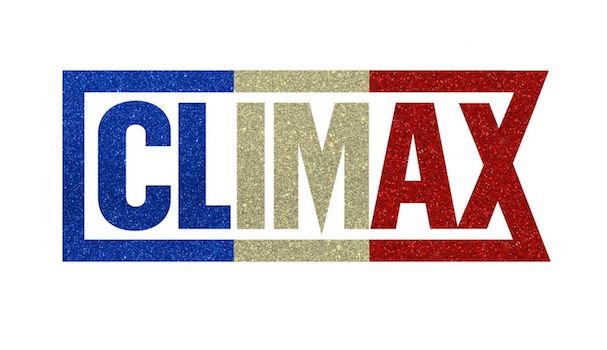



















Facebook
Twitter
Instagram
YouTube
RSS